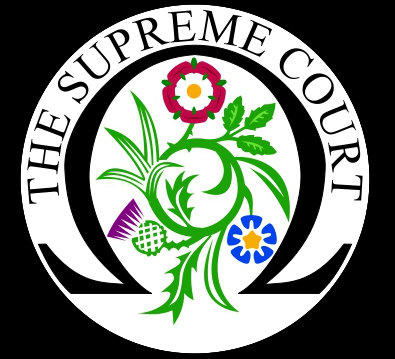
Councils must justify how personal budgets generated by resource allocation systems can meet eligible needs, the Supreme Court has made clear in a ruling today.
The findings came as the court dismissed an appeal by a severely disabled man, known as KM, against Cambridgeshire Council, brought on the grounds that the £85,000 annual personal budget he had been given was irrational and not supported by adequate reasons. The challenge was in part based on an assessment by an independent social worker, instructed by both KM’s mother and the council, which found that the cost of meeting his needs was £157,000.
Delivering the seven-judge court’s unanimous verdict, Lord Wilson said the £85,000 figure, generated by the council’s resource allocation system, was a rational calculation of the cost of meeting KM’s needs which, if anything, was too generous, given that it was based on a false premise that his family would not provide him with any care themselves.
Wilson concluded that the council should have given a clearer presentation of how KM, a blind, autistic wheelchair-user with learning difficulties, could have used the budget to meet his needs, particularly in terms of meeting the cost of paying for carers.
Councils must justify value of personal budgets
He stressed that councils needed to ensure that, once a RAS has generated an indicative budget, they demonstrate how the service user can use it to meet their eligible needs.
“What is crucial is that…the requisite services in the particular case should be costed in a reasonable degree of detail so that a judgement can be made whether the indicative sum is too high, too low or about right,” said Wilson.
The judgement was highly critical of the independent social worker’s report, which Wilson said was simply “an uncritical endorsement” of what KM and his mother wanted, rather than an expert assessment of how his needs could be met.
Supreme Court rejects charities’ interpretation of care ruling
Supreme Court to rule on councils’ right to limit care funding
Related articles


 A trauma-informed approach to social work: practice tips
A trauma-informed approach to social work: practice tips  Problem gambling: how to recognise the warning signs
Problem gambling: how to recognise the warning signs 




 Find out how to develop your emotional resilience with our free downloadable guide
Find out how to develop your emotional resilience with our free downloadable guide  Develop your social work career with Community Care’s Careers and Training Guide
Develop your social work career with Community Care’s Careers and Training Guide  ‘Dear Sajid Javid: please end the inappropriate detention of autistic people and those with learning disabilities’
‘Dear Sajid Javid: please end the inappropriate detention of autistic people and those with learning disabilities’ Ofsted calls for power to scrutinise children’s home groups
Ofsted calls for power to scrutinise children’s home groups Seven in eight commissioners paying below ‘minimum rate for home care’
Seven in eight commissioners paying below ‘minimum rate for home care’
 Facebook
Facebook X
X LinkedIn
LinkedIn Instagram
Instagram
Comments are closed.